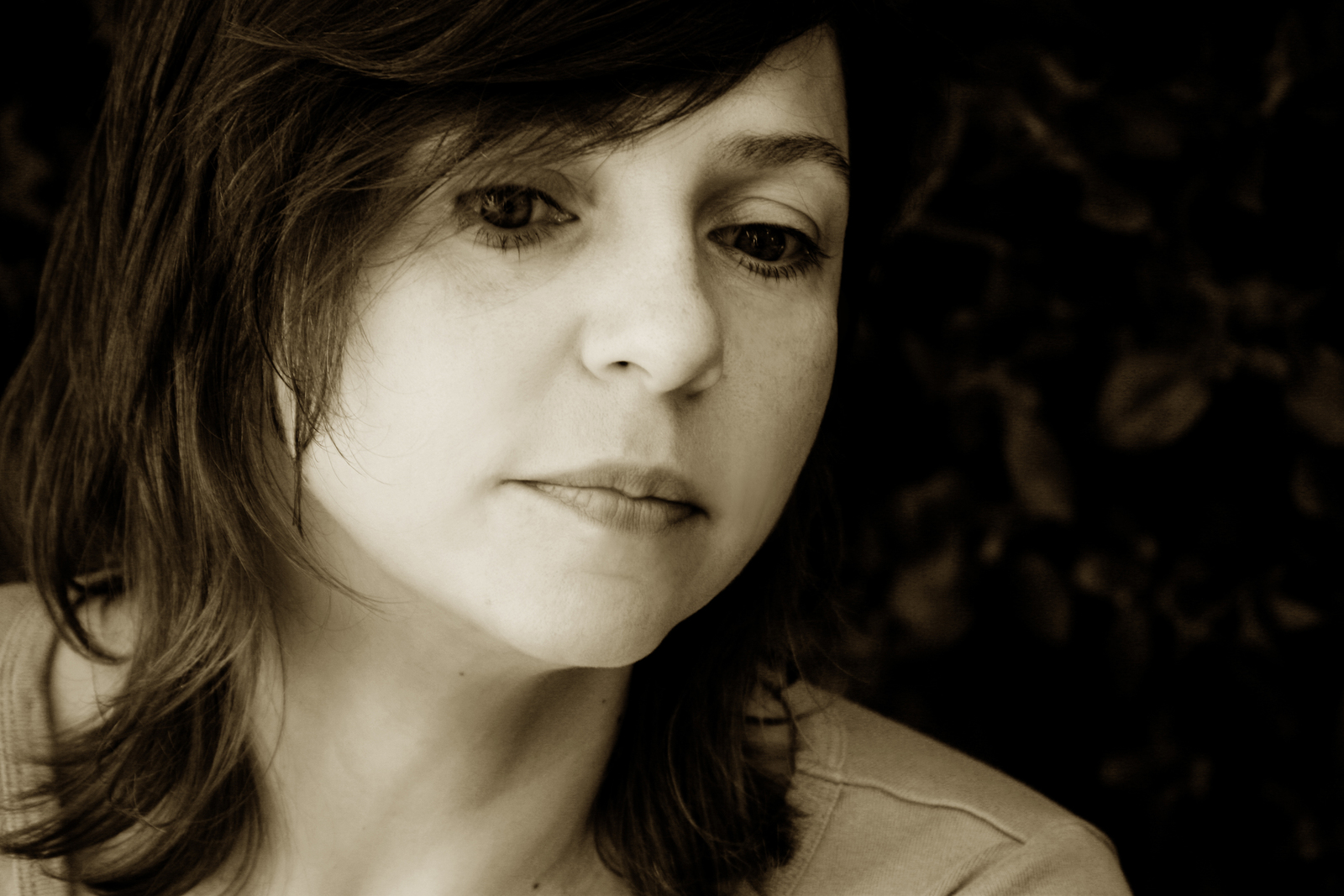 For years, I never spoke about my death anxiety. It wasn’t a topic that came up, even in therapy. It seemed like talking about it would only make other people miserable, and so I tried my best to deal with it on my own.
For years, I never spoke about my death anxiety. It wasn’t a topic that came up, even in therapy. It seemed like talking about it would only make other people miserable, and so I tried my best to deal with it on my own.
The first time I remember experiencing death anxiety was when I was about fifteen. It terrified me, as I lay in bed looking up at the ceiling, trying desperately to put the cat back into the bag. In desperation, I turned to religion, letting the idea of an afterlife assuage my anxiety. But years later, when I no longer found solace in religion, I needed something else to make the fear of death go away.
That’s when I started to drink.
Death Anxiety and Addiction
My personal addiction journey has a direct link to my death anxiety. This is something I’ve always been aware of, and it was one of the factors that made it difficult to embrace sobriety. I had started drinking to make a problem go away. Quitting would only leave me vulnerable again.
My experience highlights how important it is to be aware of the link between mental illness and addiction. Substances are often used as a way of dealing with difficult thoughts and feelings. When a person gets sober or clean, they need more effective ways to manage these thoughts and feelings. Otherwise, relapse is inevitable.
During my time in rehab, I finally started speaking about my death anxiety. I mentioned it tentatively in a therapy session. When my therapist empathized with my experience, I ventured to share with some of my peers. I was surprised to discover that others had started using substances to deal with the same anxiety. It was a problem they could not see a solution to, since death is inevitable, and substances had at least let them forget for a while.
Still, while I felt relieved to learn that I was not alone, what solutions could I possibly find?
Managing the Fear
In his book Staring at the Sun, psychologist Irvin Yalom addresses the ubiquitous human experience of death anxiety. As the person who wrote the textbook on Existential Psychology, he is better qualified than anyone else to provide a way to live with the knowledge of death.
The first thing to understand is that every human being is terrified of death, whether they know it or not. It is hardwired into our physical make-up. Our evolutionary purpose is to survive, beating death by living as long as possible and by passing our genes on to our offspring.
Confronting death anxiety is therefore incredibly difficult and can be tremendously painful. But I believed that I could never live fully until I had confronted it. I no longer had religion or alcohol, and I felt incredibly defenseless.
In rehab, I could not use alcohol to forget about death. I had no choice but to deal with it in therapy. What I learned was incredible. My therapist helped me accept the fact that I was going to die. I hadn’t fully internalized that, and so my desperate mind still wanted to find solutions. With the knowledge that there is no ultimate solution, my mind can calm down.
That does not mean the fear went away. It did get less intense, and that allowed me to learn to manage it. My old habit of running from the fear had only served to make the fear way stronger than it should have been. If I just sat with the fear, acknowledging its presence and allowing it to come and go on its own, it really was not such a big deal.
Death anxiety is something that affects everyone, and I’m not the only person who started drinking or using substances to numb it out. Without acknowledging that anxiety and dealing with it in rehab, I would have not been able to move on to a life without alcohol.
In rehab, it is important to identify the factors that precipitated your substance use. Discuss it with your counselors, who will help you manage those factors so that you can live an effective sober life.